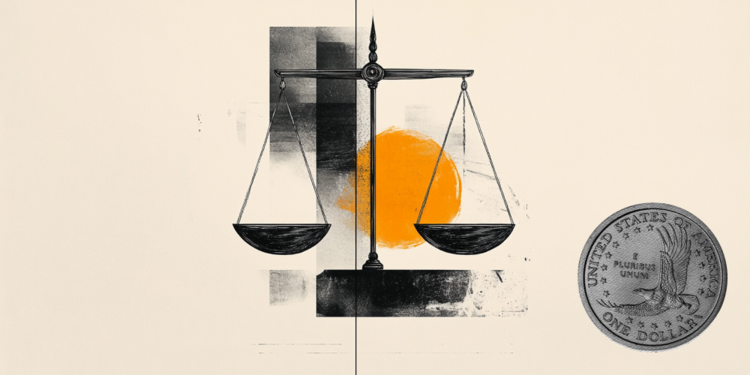New productions were launched this November to celebrate the work of the Brazilian writer Lima Barreto , whose death completed 100 years on the 1st. In the month of Black Consciousness, a book, a film and a podcast highlight the author who knew how to portray the city of Rio de Janeiro beyond the postcard scenarios, and who was a staunch critic of racism, which he suffered in the skin, already in the decade 1910.
“Lima was perhaps ahead of its time, and that’s why it’s being taken up again now”, says historian Lilia Schwarcz, who has already biographed the author and launches, this month, the book “Sad Republic” together with the cartoonist Spacca, by the publisher Companhia das Letras.
The book is a comic that tells the story of the First Brazilian Republic (which lasted from 1889 to 1930) through the critical eyes of Lima Barreto.
Spacca points out that the problems and concerns of the time are very similar to those of today. From the Spanish flu pandemic that hit the world and Brazil between 1918 and 1920, to Lima’s observations on what we now call “structural racism”, which are the most subtle reflections of racial discrimination in our society.
Lima Barreto was chosen to lead the reader on a journey through the past, because, as Spacca said, “he was someone who lived and suffered during that time, and knew how to record this in his work.” The writer even received criticism for writing novels and chronicles that were very anchored in Brazilian reality.

After losing his mother very early and having seen his father go crazy during childhood, Lima took over the family’s support. Throughout his life he became dependent on alcohol, and because of alcoholism he ended up in an asylum twice.
The film “Lima Barreto, on the third day” , by Globo Filmes, directed by Luiz Antonio Pillar, portrays one of the periods in which he was interned in the asylum. The author was hospitalized because he started having delusions caused by alcohol, and in the feature he starts to hallucinate with the characters of his most famous novel, “The Sad End of Policarpo Quaresma”, and to remember his youth.
As Schwarcz points out, “the issue of social madness is a fundamental part of Lima’s work”. He realized, long before the anti-asylum fight even existed here in Brazil, how only the lower classes ended up in the asylum.
He describes in his work how black and poor people were more likely to be hospitalized and considered crazy, a situation that lasts until today. Lima anticipated several discussions that would become popular only later, such as the influence of race and class on mental health and treatment by public institutions.

The way in which Lima Barreto managed to interpret the Brazil of the past in a way that remains current in the present is also the theme of the podcast “Lima Barreto, black is the sharpest color” from Rádio Batuta, created by Instituto Moreira Salles.
“When he thinks about corruption, inequality, and the ambiguities of Brazil, he is directly reflecting on the First Republic, but also on our Republic today,” explained Gabriel Chagas, professor of Luso-Afro-Brazilian literature and culture at the University of Miami.
Gabriel is one of the presenters of the podcast, alongside Beatriz Resende, professor at the Faculty of Letters of the Federal University of Rio de Janeiro (UFRJ). The two receive one guest per episode to discuss the life and work of the writer from Rio de Janeiro, his criticism of racism and politics, his passage through the asylum and the way he portrayed the reality of Rio de Janeiro.

Lima Barreto was one of the first writers to shift the focus of literature to the suburbs of Rio de Janeiro, showing a part of the city that other artists preferred to hide.
“He chooses the suburbs of Rio de Janeiro as his theme, and draws attention to a country that, in general, ignores most of its peripheries,” said Chagas.
The professor explained that this is one of the reasons why Lima Barreto’s work remains so current, some problems and challenges in Brazil remain the same over the years, they just keep updating.
“A country that ignores its opposites, its ambiguities and its interiors can never have an effective democracy and real progress. Lima Barreto noticed this more than 100 years ago”, completed Chagas.
Source: CNN Brasil
I’m Susan Karen, a professional writer and editor at World Stock Market. I specialize in Entertainment news, writing stories that keep readers informed on all the latest developments in the industry. With over five years of experience in creating engaging content and copywriting for various media outlets, I have grown to become an invaluable asset to any team.







